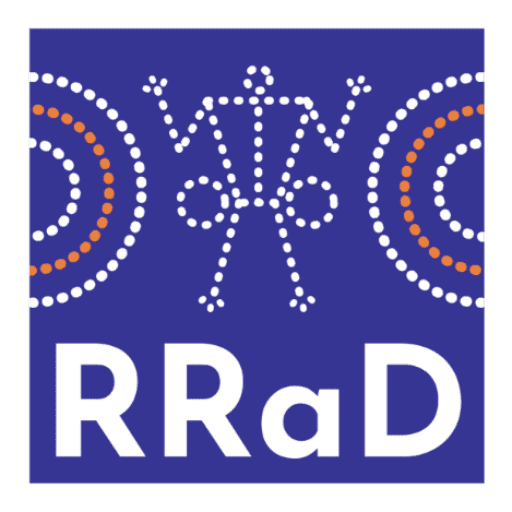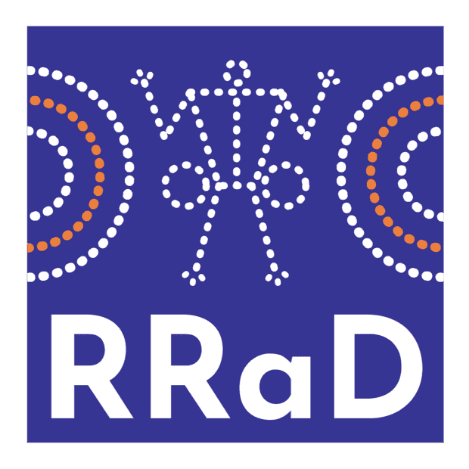Translated into Rengma by Sinyhunlo Kent
Forum For Naga Reconciliation le May Shye Zon 19, Chen 2023 nyü, Jolo khishwi keshü
Naganyu Pviibonyu Ruryii kanyii pvii kela nriin dyenzin siida ketesha
Kanyiiwhebin (Museum) ki Naganyu Pviibonyu Ruryii khipe kekwen kenjii sidyiiki shwi ntsenlo nriin genyu, The Forum For Naga Reconciliation (FNR), The Pitt Rivers Museum (PRM), lo University of Edinburgh lo University of Melbourne kipon Naganyu Fiikeshiininyu (Naga Researchers) danle kerhiin-o thatho thyii gun ryii bin nyo. Kechonnyu (British) kekvu gwiinkhoka pviibonyu temi ruryii khi kelo rani la nriin konka , PRM le senye kechacha kethyii zen-o tha thyii ketsin titse rhilo. Naganyu temi ruryii ko tsiinyu bin, lo Naganyu pviibonyu ruryii khipe thakhin nyu shii njii. Ntsoka Naganyu Pviibonyu ruryii 214 khipe Kanyiiwhebin (Museum) nyu ntsen bin.
Naga Anthropologist lo University of Melbourne ka Associate Professor, Dr Dolly Kikon le PRM binzen swiilo-o Museum Director ka Naga Pviibonyu temi ruryii riila ketso shii. Tson-o tsiisiki higenyu, a-le FNR zen-o kenthonlo. Kenkhin ki FNR tilo-o Naga pviibonyu ruryii pviikela gunryii la nriin tho tson tsinlo. PRM zenkenthon kelo nzen-o Npviibonyu ruryii tho giitsii shalo nriin genyu, FNR le Naganyu bin a-phuka temi pelii kechon zen kenthon kethyii bin zen gunryii.
Npviibonyu ruryii pviikela gunryii nriin tho hinyu zokezen then lo gwiinkho thorhen a-he kechacha lo ti. Temi siida giino tsiinyu thatho thyii , fiikeshiinni kehi – Npviibonyu temi ruryii nkhenlo nriin Logwa nmvii-e Community giitsii fiilo, Cultural Communities kechacha kethyii no a- keriichiin tedo zokehi, Naga Cultural Communities/Tribes dan no PRM ki tsii-o npviibonyu ruryii shwishii lo kenthonlo-o ruryii dan pvii gun ryii kelo hidan sin bin.
Thatho a-phu le chen 8 gungii chen 15 keti lo-e lagwa, lo higwiinkhoka a- phuno fiikeshiinni ka bin kethyii (Participatory Research) senlo-o Community sin, Field Research thyii, temi siida giino shalo mviilo keshvu zo kehi lo kazii heki tejvii nzen ti.
Kanyiiwhebinka shii kenjii Naganyu pviibonyu ruryii dan ntsen lo, rani sen gun ryii la nriin dyenzin, PRM le nsinkeshii nzen-o Naganyu no jo kenishii nriin, FNR le thojvii tsontsin gii nme thyii bin. Lo hile ndo-o kenthon lo research nzen-o Cultural Communities kechacha kethyii, thakesha katsiilogwa , kehunmin dan lo Nagaland State Sorikari zen kenthon binzen sinti. Thatho higii hile temi a-phu zenkesha mviilokeshvu sha kebin konka, FNR le leswii thupe Naga Tribe Organisation tsii shii laso. Tson-o peha zen keteno la, lo peha le ntsokhin-e jo kenishii mvii zun.
Npviibonyu temi ruryii rani sen gunryii la nriin tho thyii nnelo titse-o FNR le Recover Restore and Decolonise (RRaD) penso lo, lo tsiino tha riila swii gun ti. Keshanyulaka, Naganyu temi le temi ruryii dan rani sengun ryiila ti tse penlo yatselo, a-tson a-jviika tsiidan nkhenlo kegwa, RRaD le khipe University of Oxford tishii ti. Higenyu Dr Dolly Kikon lo Naga Anthropologist Dr Arkotong Longkumer, Senior Lecture at the University of Edinburg, UK hvuno RRaD logwa ka kechye shii lo tse-o FNR le hishii.
Naganyu kenswii sen-o thatho thyii nriin, FNR lo RRaD le a-nyun nyii lo Naganyu tson genyu Communities ka tha shalo nyii bin.
Longleng ki peshiinyu nme le RRaD logwa ka kezo, “Di hontse-o npviibonyu le a-nyun bwenlo mon, a-nyugun khipe Kanyiiwhebin katsen gen hiila yatselo.” A-kapunyu le riiyo lo kemvii-i. Naganyu pviibonyu temi ruryii khipe thakhin nyu shii-o PRM no ntsen mentse , nmvii-e rani sen gunryii-o Naganyu kazii ki shii mentse, tsiile Naganyu Temi kendo gen bin nle.
FNR le kenthon tsontsin kebin hontse gwakenye lo nriin dyenzin a- keriichiin kegwa khipe zokezen shiilo tse-o nsin shii bin nyo.


